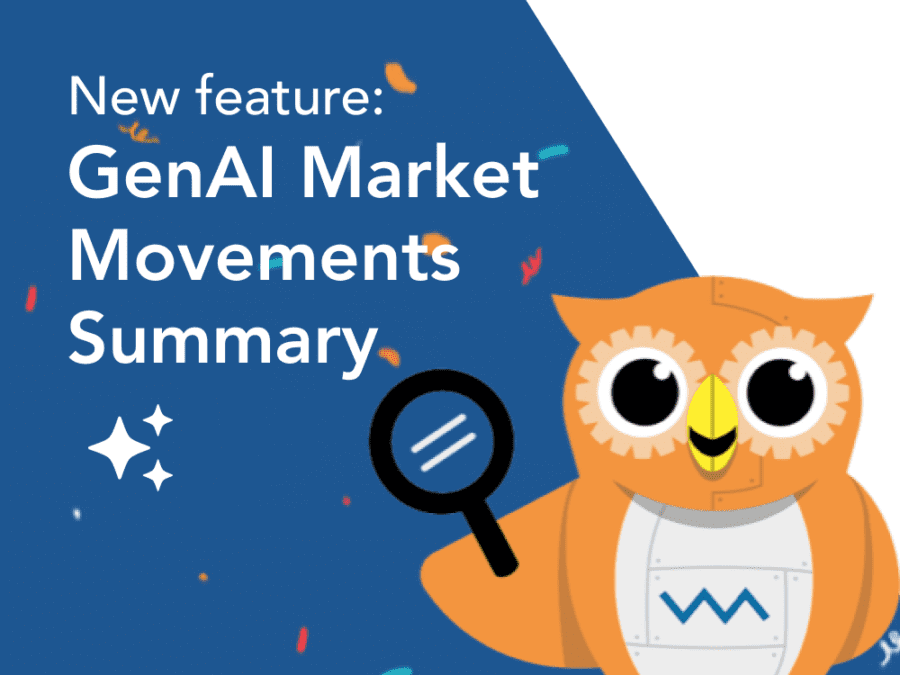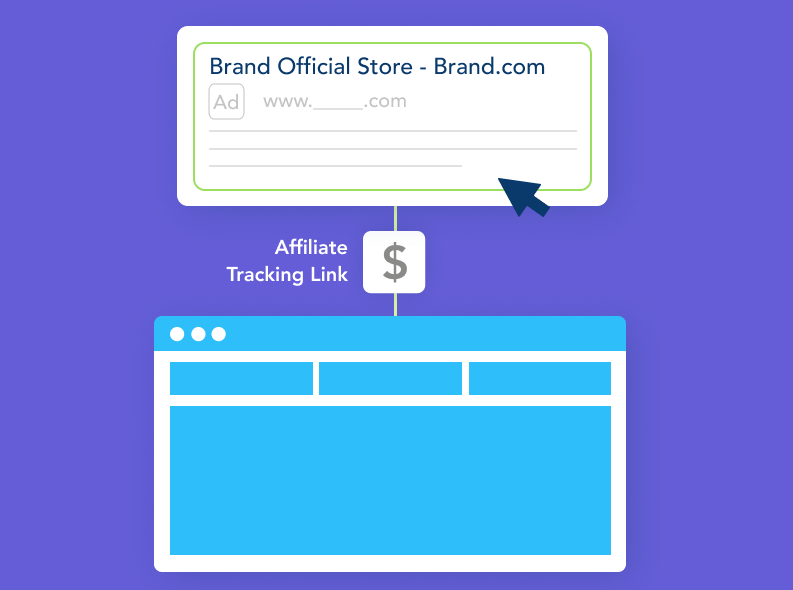As of next July, Google is sunsetting Expanded Text Ads (ETAs), which means you will no longer be able to create new ads or edit existing ones. The reason for the sunset, according to Google, is that responsive ads (RSAs) take better advantage of automated optimization and the fact that advertisers that switch from expanded text ads to responsive search ads, using the same assets, see an average of 7% more conversions at a similar cost per conversion.
So, you have some time, but it makes sense to start thinking about how your search strategy will look in the post-ETA world.
Steps to take now:
- Start repurposing content from your high-performing ETAs into RSAs & concentrate on Ad Strength. Ad strength evaluates the effectiveness of RSAs and actionable information to improve them.
- If necessary, work with your legal team to define which headlines or descriptions need to be pinned in your RSAs for compliance. If you are required to pin, ensure you pin 3 options to a position as a minimum.
- Test multiple ads and variations, the more RSA variations you have, the more insights you can gather on metrics such as incremental impressions, clicks, and conversions. This can also help you analyze different adaptations of your assets at scale and review performance across multiple campaigns.
- Leverage Adthena software to ascribe estimated impressions to each ad variation
- Read Find your PPC A-game for steps you can take to expand coverage in your RSAs
Use Adthena to get so much more from your RSAs
Automated optimization can only take your RSAs so far. Adthena can provide much more granular competitive intelligence to inform your ad copy strategy right now. Here are three tips:
- Let Adthena’s Smart Monitor track new words and phrases that show up in both your RSAs and your competitors’. It can also surface words and phrases that your competitors are using but you aren’t, provide phrase suggestions, and tell you when a competitor has better performance for a phrase you’re both using.
- Use Adthena to drill into different creative themes for your ads. You can evaluate which phrase prompts the user to click on your ad, such as phrases in the ad that include offers or discounts, phrases that contain seasonal event wording, or phrases that elicit trust in an ad or with the advertiser.
- Use Adthena’s Investment Intel, see how each RSA is performing in a specific location and for a specific search term group. It will tell you the estimated number of impressions, average ad position, number of different search terms the ad has appeared on, frequency of the ad, and the number of days the ad has appeared.
RSAs benefit from automation, but you can’t just set it and forget it or rely solely on Google reporting to optimize your ads. The rich search intelligence you get from Adthena will allow you to make your RSA campaigns the best they can be in any market.
If you’re looking to gain greater sight over your search term landscape give us a shout to request a demo of our platform. One of our paid search industry experts will be glad to help.




